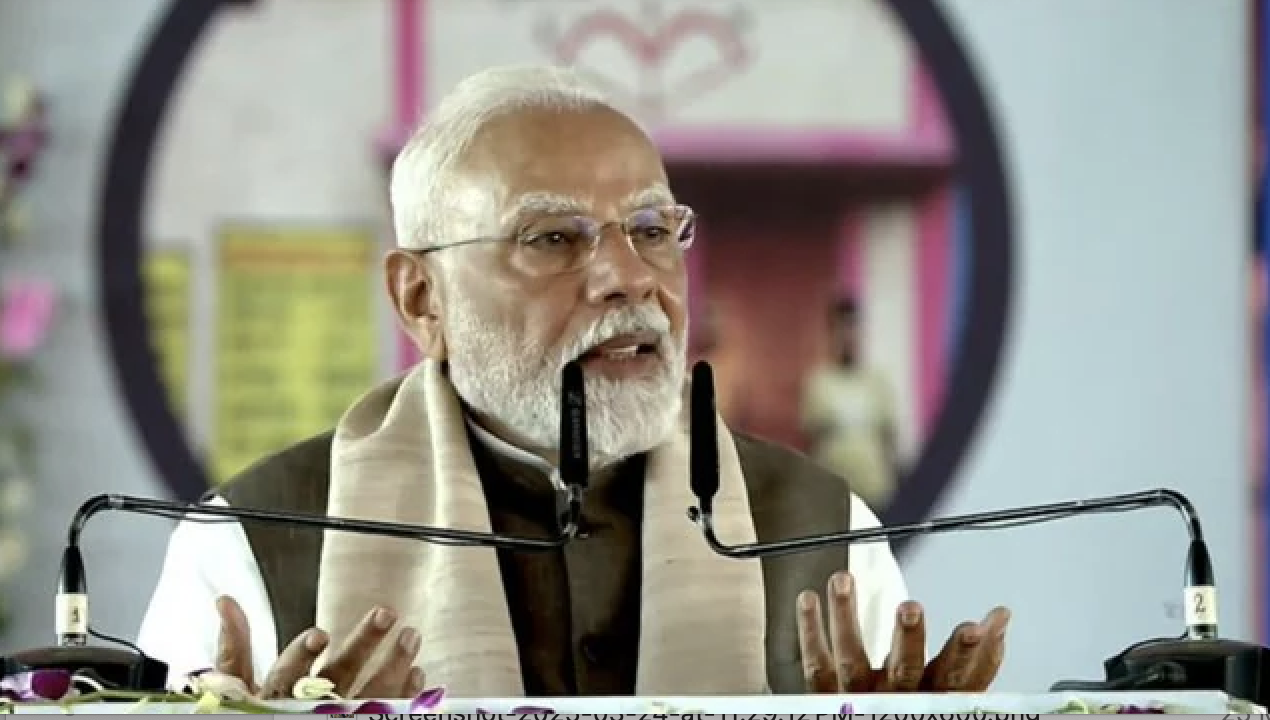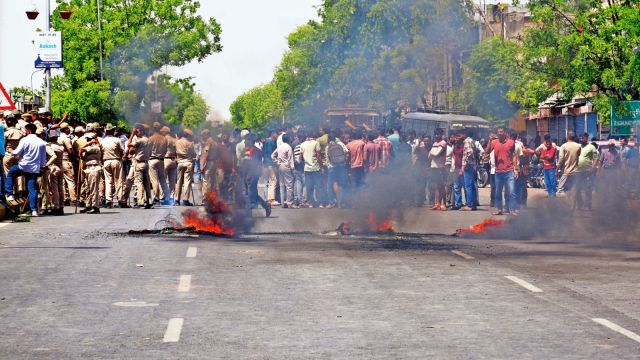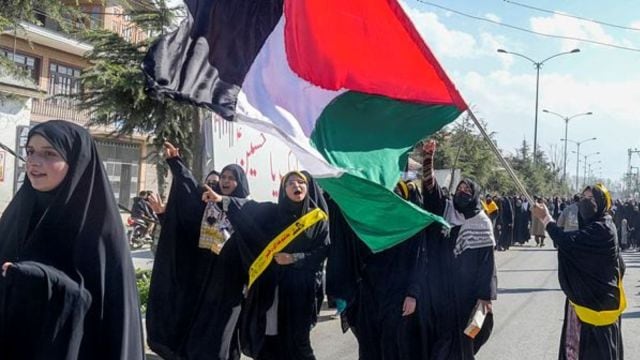
DHAKA, Bangladesh — More than 1.9 million people living in Assam, a state of about 33 million in northeastern India, effectively became stateless recently. Many have never lived anywhere but in India, and yet late last month, the government, claiming to crack down on illegal immigration, announced that it was removing them from the National Register of Citizens. Many of them are ethnic Bengalis, but there is no evidence that they are Bangladeshi.
The process by which the register has been compiled wasn’t just flawed; it was heavily politicized, as well as rife with prejudice. Since the overwhelming majority of the nearly two million people excluded from the registry are thought to be Muslim, the effort looks far more like an ethnic purge than anything like a census.
The Indian government hardly even pretends otherwise. Last fall, ahead of general elections earlier this year, the president of the ruling Bharatiya Janata Party (B.J.P.), Amit Shah, referred to immigrants as “infiltrators” and “termites,” and threatened to “throw them into the Bay of Bengal.” This July, Mr. Shah told Parliament, “Illegal immigrants living on every inch of this country will be deported according to the law.” A first step in implementing that plan is to leave Muslim Bengalis off the register in Assam and try to strip them of their citizenship.
Bengali settlers in Assam go back centuries, and the group was favored by the colonial British rulers. The relative advantage enjoyed by Bengali minorities was understandably resented by indigenous Assamese, but it took an increasingly ugly and nativist turn after the independence of Bangladesh in 1971. There were pogroms in the late 1970s and murderous riots in 1983.
The process of compiling the list of Assam’s citizens, which took several years and was finalized this summer, was plagued with major problems, some inevitable. Officials faced the impossible task of having to ask for and verify documents from before 1971, including for periods when official records were kept shoddily or incompletely. A retired officer of the Indian Air Force found himself excluded from the registry; so did relatives of Fakhruddin Ali Ahmed, a former president of India.
Far worse, however, are the obvious political motivations that drove the effort, and the likely consequences of denying citizenship to so many.
(This is an excerpt from the full article that first appeared on New York Times website. It can be read here.)






